Healthwashing
Some have said that no one could have invented a more perfect diet to produce sickness, ill-health and disease than the current ‘Standard American Diet’. Also known as The Western Pattern Diet (WPD), the Standard American Diet (SAD) is a modern-day style diet that predominantly contains high amounts of processed foods, food-like products, muscle meat, high-sugar foods, and pre-packaged foods. Americans today consume 63% of their calories from processed food and only 13% of the people consume the recommended amounts of vegetables with tomatoes and potatoes accounting for 39% of the vegetables eaten (yes, I know a tomato is a fruit, but you get what I mean).
In the UK, 50% of our energy intake comes from ultra-processed foods, these are defined as containing ingredients that you wouldn’t add when cooking homemade food. They comprise of chemicals, colourings, sweeteners and preservatives. With over 60% of the UK’s adult population classed as obese, many are seduced by quick fixes to solve their health problems and ultra-processed food companies like nothing better than to help you part with your cash. Study upon study shows the connection between the amount of ultra-processed food eaten, with an increase in chronic illness and all-cause mortality.
A while ago I wrote a blog post highlighting Healthism, an emerging ideology which Melissa A. Fabello describes as:
A political ideology wherein a biomedical understanding of health is given social power and individuals are held responsible for their ability to uphold their own health.
That is, it’s our cultural belief that meeting the standards of a one-size-fits-all version of health should be a priority for everyone – and that those who don’t meet that criteria can and should be oppressed as punishment.
It is, basically, the idea that health is valuable – not just individually, but socially....prioritising health (and especially making it a moral issue) still creates a hierarchy wherein some people are deemed more worthy than others – and that’s an oppressive way to think about our bodies.
Another term popped on to my radar during my research travels called Healthwashing. This is a practice in which something is made to appear more healthy than it really is, in order to appeal to people who are concerned about health issues. It is extremely sucessful because so many people are struggling with their health and looking for ways to solve these problems.
Meghan Telpner has a good definition on her blog:
‘Healthwashing is a term used to describe the activities of corporations, companies and groups that position themselves as leaders in the crusade for good health while engaging in practices that may be contributing to our poor health.’
Healthwashing harnesses dubious claims such as ‘natural’ or ‘clean’ and turns them into extremely powerful marketing terms, selling you a lifestyle or a vision of who you could be if you bought their products. The words chosen are deliberately misleading and even meaningless, used because they are unregulated - it’s worth remembering that the front of a product’s packaging is pure marketing only. They may claim something is sugar-free but they also don’t mention artificial sweeteners have been used instead. Your cereal is ‘all natural’ and ‘free from artificial colours and flavours’, but it is also high in sugar. You may notice how so many things are labelled ‘gluten-free’ - including food and drink that never had gluten in it to begin with.
These corporations and companies have huge budgets at their disposal to use against people and know how to make full use of the weaknesses of human psychology. They know how desperate people are to buy their way into health and how dearly we want them to work. Rarely is it worth appealing to reason because it is so much more profitable to appeal to emotion.
“Corporate advertising (or commercial media) is the largest single psychological project ever undertaken by the human race. Yet for all of that, its impact on us remains unknown and largely ignored.”
Wholesome and nutrient-dense food speaks for itself; it stands on its own merits and doesn’t need a multi-million pound marketing campaign to convince people of it’s necessity. The more health claims a label has, the more likely this is a healthwashed product to slant perceptions in its favour. The best way to avoid being misled by product labels is to avoid processed foods altogether - still, if you decide to buy packaged foods, read the ingredients and stay sceptical of their promises and claims.
It’s time to worry less about the fat content of a product and more about what the ingredients actually are. There are no shortcuts to optimal health - but there are a lot of companies promising you there is and selling you delusions. You know in your heart what you need to do to be healthy, you know you need to eat high quality, nutrient-dense food in sensible portions when you’re hungry. You know you don’t need to eat because it makes you feel better, reduces your stress and comforts you. You also know that, however great your diet is, inactivity and being sedentary will undo all your other good work because we are mammals who are built to move every day.
5 Ways to Defend Yourself From Healthwashing
1. Read The Ingredients List
Product ingredients are listed by quantity — from highest to lowest amount. This means that the first ingredient is what the manufacturer used the most of. Pay attention to the order of ingredients.
2. Natural Doesn’t Tell You The Whole Story
Natural can indicate that at some point in the chain, the manufacturer worked with a natural product like pineapple or wheat. This may not mean that no chemical processing has happened before its final iteration.
3. Pay Attention To Serving and Portion Size
Nutrition labels state how many calories and nutrients are in a ‘standard amount’ of the product although realistically these servings are often much smaller than what people eat in a meal. This sleight of hand means people don’t realise how many calories and sugar are in a product because they assume the entire container is a single portion.
4. Ingredient Splitting
A food label may contain different types and names of sugar which hides the actual quantity in a product. Sugar can be split into sucrose, glucose, fructose, cane sugar, beet sugar, corn syrup, barley malt, molasses so it won’t appear at the top of an ingredient list.
5. Reduce or Eliminate Processed Food
Packaged food needs to take a back seat in our diet and the majority of our food needs to comprise of - ideally and circumstances allowing - fruits, vegetables, nuts, grains, grass-fed meat, wild fish and dairy. Whatever your specific diet is, the more local and seasonal produce is, the more nutrient-dense it will be. This also supports local economies and small businesses.
Healthwashing Label Claims
Low Fat
Low Calorie
Sugar Free
Natural
With Omega-3s
Superfood
Multi-Grain
Fat Free
High Antioxidant Activity
Stoneground
Made With Real X / Y / Z
Fortified or Enriched with X / Y / Z
All Natural Ingredients
Light
Made With Real Fruit
Low Sodium
Free Range
Healthier Choice
Plant Based
Fruit Flavoured
No Added Sugar
Clean
Cholesterol Free
Zero Trans Fat
Detox
Low Cholesterol
Gluten Free
Pesticide Free
Good source of X / Y / Z
Superfood
Good Source of Antioxidants
Artisan
High in Fibre
Healthy
REFERENCES
Vitamin-Fortified Snack Food May Lead Consumers to Make Poor Dietary Decisions, Verrill, Linda et al. Journal of the Academy of Nutrition and Dietetics, Volume 117, Issue 3, 376 - 385
Rauber F, Louzada MLDC, Martinez Steele E, et al, Ultra-processed foods and excessive free sugar intake in the UK: a nationally representative cross-sectional study, BMJ Open 2019; 9:e027546. doi: 10.1136/bmjopen-2018-027546
Rauber F, da Costa Louzada ML, Steele EM, Millett C, Monteiro CA, Levy RB. Ultra-Processed Food Consumption and Chronic Non-Communicable Diseases-Related Dietary Nutrient Profile in the UK (2008⁻2014). Nutrients. 2018;10(5):587. Published 2018 May 9. doi:10.3390/nu10050587
Processed Foods Make Up 63 Percent of Calories
Rico-Campà Anaïs, Martínez-González Miguel A, Alvarez-Alvarez Ismael, Mendonça Raquel de Deus, de la Fuente-Arrillaga Carmen, Gómez-Donoso Clara et al. Association between consumption of ultra-processed foods and all cause mortality: SUN prospective cohort study BMJ 2019; 365 :l1949
Martínez-González MA, Gea A, Ruiz-Canela M. The Mediterranean Diet and Cardiovascular Health. CircRes 2019;124:779-98. doi:10.1056/NEJMoa1800389 doi:10.1161/CIRCRESAHA.118.313348 pmid:30817261
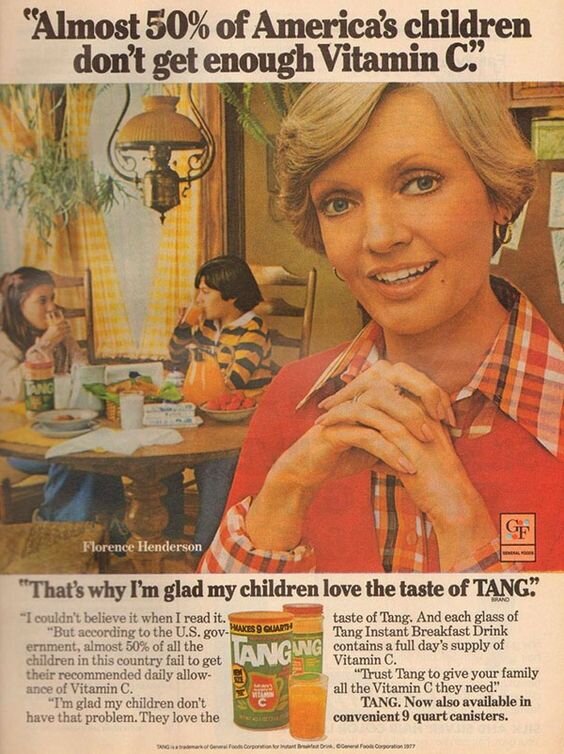



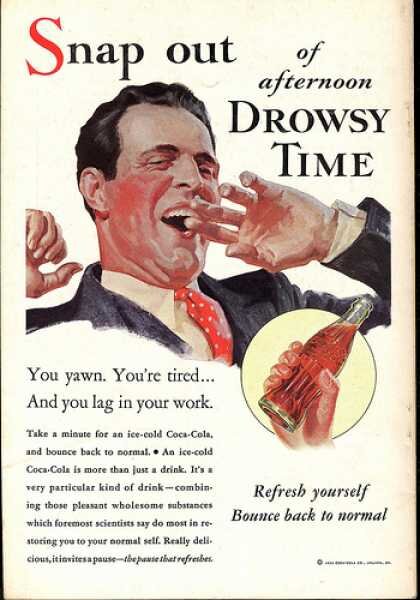


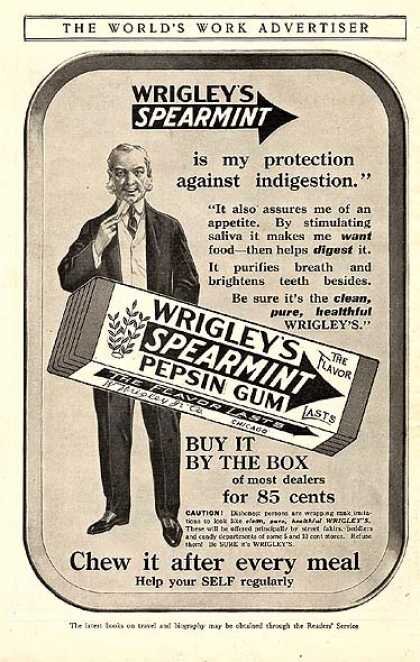













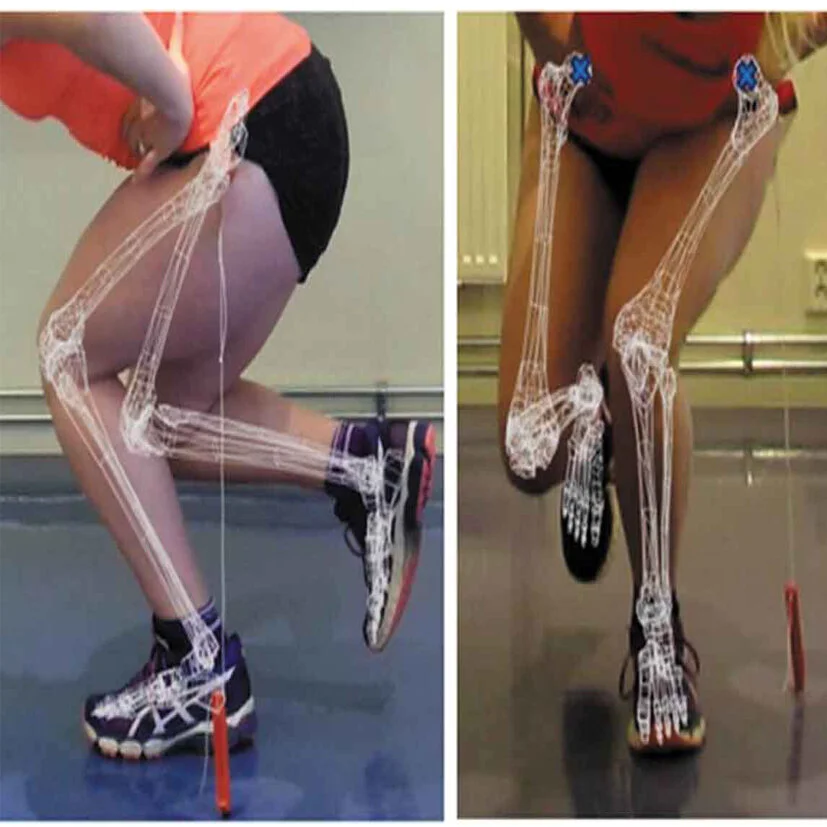







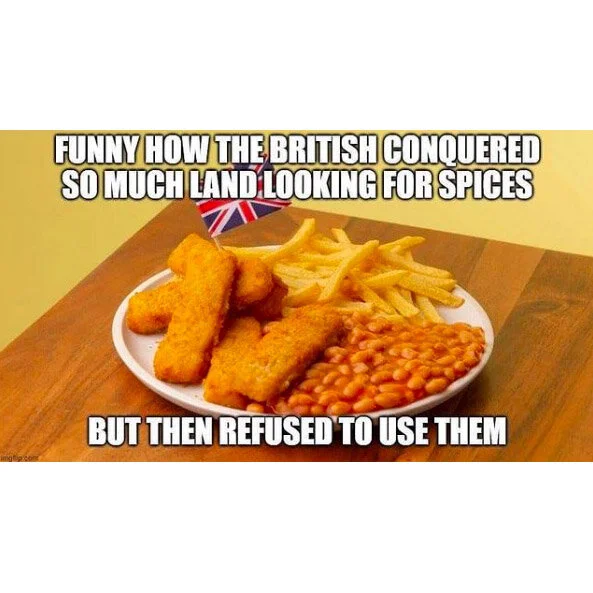









What are the most common misconceptions about furniture free? Well these are my top three!